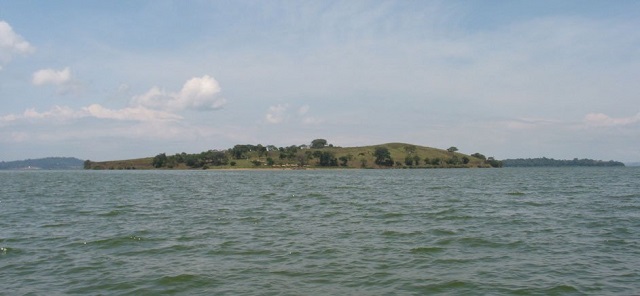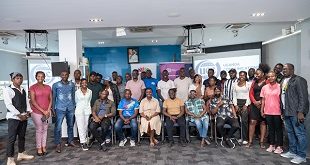
Kampala, Uganda | THE INDEPENDENT | Uganda’s National Environment Management Authority (NEMA) has said they are working with Kenya and Tanzanian authorities on how to sustainably manage Lake Victoria, that the media has in the past week described as endangered.
Uganda’s Daily Monitor and Kenya’s Daily Nation featured a story last week of the rise in human and industrial activities that they show are destroying Lake Victoria- affecting the ecosystem, livelihoods and putting millions of people at risk.
Daily Nation in an editorial said, ” Lake Victoria, Africa’s largest fresh water mass, is imperiled. Human and industrial activities have turned it into a veritable health hazard. Encroachment, siltation, effluent emissions and illegal fishing have all combined to ruin the lake and, for that matter, put millions of people at risk.”
“The waters are unfit for human consumption due to massive pollution. Fish from the lake are poisoned, and therein lies a double tragedy. Not only is the fish consumed within the lake’s environs but also exported farther ashore. Put simply, everybody is at risk.”
The report on Lake Victoria stated that, “among the poisons, we found at least eight metals in various concentrations, with the most toxic being 75 times more poisonous than recommended levels.”
Uganda’s National Environment Management Authority reacted to the story by stating in several tweets that, “We don’t have a heavy metal industry in Uganda to pollute L Victoria with such residues. The Metals like lead in the Lake are naturally occurring background concentrations.”
NEMA also said that, “Lake Victoria is a naturally self cleansing system… Most of the contamination is from municipal waste as opposed to Industrial waste,”, adding that “Lake Victoria is a trans-boundary resource; we are exploring ways of working jointly with authorities from the three states to sustainably manage the resource.”
 The Independent Uganda: You get the Truth we Pay the Price
The Independent Uganda: You get the Truth we Pay the Price


